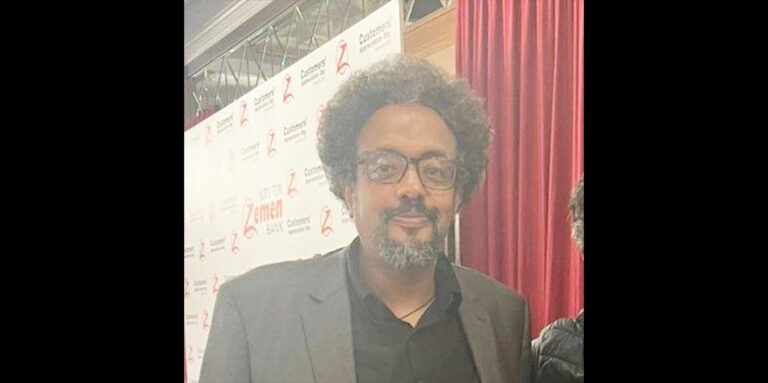Alazar Kebede
Asset confiscation, the legal process of seizing property acquired through illicit means, has emerged as a critical tool in the fight against corruption, organized crime, and financial misconduct. Beyond its role in promoting justice, asset confiscation is increasingly viewed as a mechanism to reinforce economic stability by addressing the systemic threats posed by illegal activities. However, the effectiveness of this tool in creating economic stability depends on the fairness, transparency, and strategic utilization of confiscated assets.
Illicit financial flows, corruption, and organized crime erode the foundations of economic stability by undermining trust in institutions, distorting markets, and diverting resources from productive uses. Asset confiscation directly counters these effects by: Disrupting Illicit Economies – Seizing assets dismantles financial networks that support illegal activities, reducing their influence on formal economic systems.
Restoring Public Confidence – Effective confiscation demonstrates a government’s commitment to the rule of law, rebuilding trust in governance and economic institutions. Redirecting Resources – Appropriately managed, confiscated assets can be reinvested into public programs, contributing to social welfare and economic growth.
While asset confiscation offers clear benefits, its implementation is fraught with challenges that, if mishandled, can undermine economic stability in a number of ways including the following: Ensuring Fairness and Legality: Overzealous confiscation without due process can lead to accusations of political misuse, deterring foreign investment and creating economic uncertainty. Asset Management and Utilization: Confiscated assets often lose value if not promptly and effectively managed. Lack of clear strategies for their reintegration into the economy can waste opportunities for social benefit.
Risk of Market Disruption – Seizing significant assets from businesses or individuals integral to economic sectors can destabilize industries and lead to job losses or capital flight. International Implications: – The global nature of financial crime requires international cooperation for effective asset recovery. Without this, efforts may be limited in scope and impact.
To transform asset confiscation into a driver of economic stability, governments must adopt a comprehensive and transparent approach: Robust Legal Frameworks – Clear laws and guidelines on confiscation ensure that actions are lawful, transparent, and consistent. Judicial oversight and appeals mechanisms are essential to uphold fairness.
Strategic Reinvestment – Confiscated assets should be directed toward sectors that enhance long-term economic stability, such as education, healthcare, and infrastructure. This not only mitigates the economic impact of illicit activities but also fosters inclusive growth. Efficient Asset Management – Creating dedicated agencies to manage confiscated assets can prevent their depreciation and ensure timely and productive utilization.
International Cooperation – Collaborating with global institutions and other nations to trace and recover cross-border assets ensures that confiscation efforts have a wider reach and greater impact. Public Transparency – Reporting on the outcomes of asset confiscation builds public trust and reinforces the legitimacy of government actions.
Several countries have demonstrated the potential of asset confiscation to promote economic stability: Colombia’s Anti-Narcotics Efforts: Confiscated assets from drug cartels have been used to fund community development and social welfare programs. South Africa’s Anti-Corruption Drive: Recovered funds from corrupt officials have been reinvested in critical infrastructure, supporting economic recovery and growth. European Union Initiatives: The EU promotes asset recovery through transnational cooperation, ensuring that confiscated proceeds are returned to legitimate economies.
To conclude, Asset confiscation, when executed with integrity, fairness, and strategic foresight, holds immense potential to reinforce economic stability. By targeting the financial underpinnings of crime and corruption, it addresses systemic risks that undermine growth and prosperity.
However, success depends on governments’ ability to integrate confiscation efforts into broader economic strategies, ensuring that recovered assets contribute meaningfully to societal development. In the quest for economic stability, asset confiscation is a powerful tool, but only when wielded responsibly and transparently.






